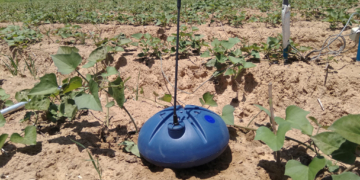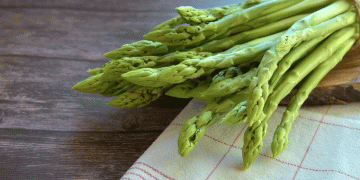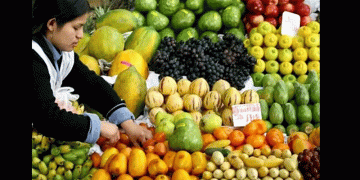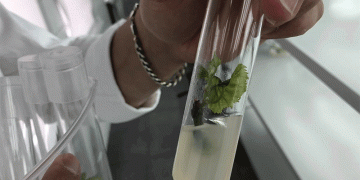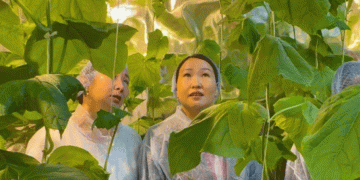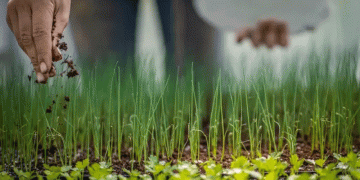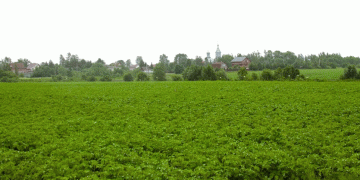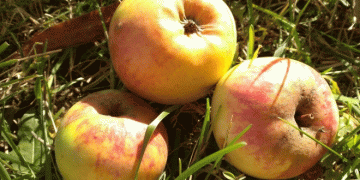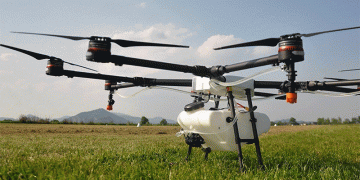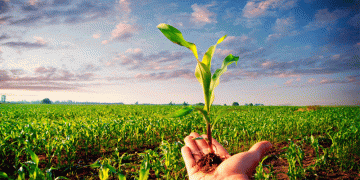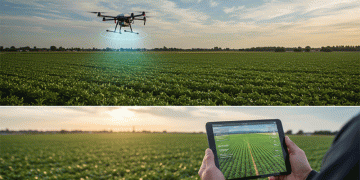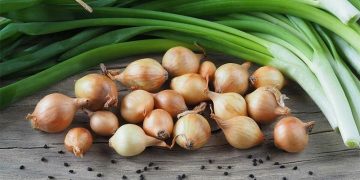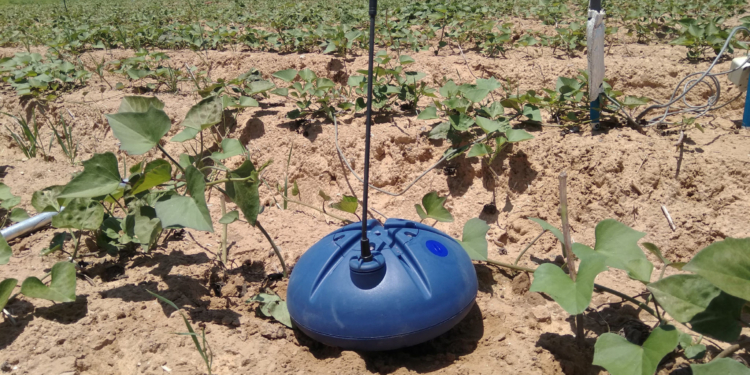Limited resources and little foreign trade have fostered innovation in Israeli agriculture. Today, Israel’s agtech sector is second only to the US.
Anyone with a keen interest in modern agriculture will have noticed that Israeli agtech innovations are popping up left, right, and centre. Israel spends 4.3% of its GDP on research and development – the most of any country – and according to the World Economic Forum, it is where companies embrace change the most and where innovative companies grow the fastest.
73 years after gaining statehood, Israel is making David Ben-Gurion’s dream of ‘making the desert bloom’ a reality. 17% of Israel’s total agricultural budget is allocated to R&D, and close cooperation between farmers, the agricultural industry, technological research, and the government seems to be a recipe for success.
Kibbutzim sowing seeds of innovation
Well before statehood had even been achieved, early Israeli pioneers sowed the seeds of agricultural innovation by founding the first kibbutz: an agricultural community focused on sharing land and resources and working together to tackle tough farming challenges. Harsh land, scarce water, a limited labour force, and limited trade with neighbouring countries stimulated resourcefulness in Israeli agriculture, and the kibbutzim ‘can-do’-attitude still characterises this sector.
Even today, the kibbutzim lie at the basis of Israeli agtech innovation, and more than half of the country’s agtech ventures are managed by someone who grew up in a kibbutz.
The Silicon Wadi
Just as the kibbutzim foster agricultural innovation, so too does the Israeli tech industry. Often referred to as the ‘Silicon Wadi’ (‘Wadi’ meaning ‘valley’ in Arabic), Israel has become a major tech hub, with companies such as Microsoft, Google, and Amazon tapping into Israeli knowhow and running substantial operations in the country.
However, high-tech multinationals are not the only driving force behind technological innovation in Israel: higher education, too, influences the country’s tech climate – and so do the Israel Defense Forces (IDF).
Though well-known for inventing the Iron Dome – an air defence system capable of intercepting incoming missiles – the IDF’s strongest forte is perhaps education. Every Israeli spends between 2-3 years in the IDF, and during this time, many develop skills in computer science and engineering. Additionally, the IDF helps recruits to develop operational and leadership skills, meaning those who leave the IDF do so armed with technical knowledge as well as the interpersonal skills required to lead a start-up.
Community support for a fruitful agtech climate
A third factor contributing to the positive agtech business climate in Israel is the strong community support, led by GrowingIL. A government initiative of the Israel Innovation Institute, Ministry of Economy, Ministry of Agriculture and Rural Development, and Israel Innovation Authority, GrowingIL aims to develop the Israeli agtech ecosystem and reshape Israeli agriculture to meet emerging global food needs through the implementation of ground-breaking technologies.
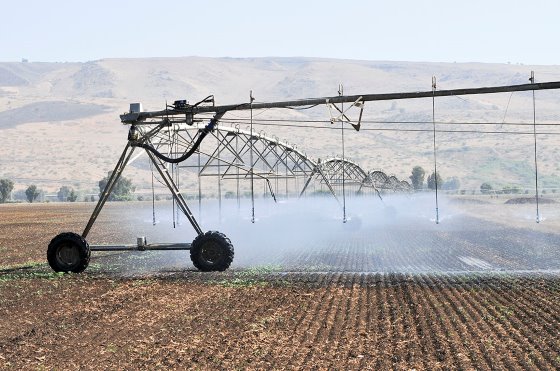
Doron Meller, GrowingIL Executive Director, tells us how the initiative stimulates growth in the Israeli agtech sector. “We try to connect all the relevant players in the agricultural community: entrepreneurs, start-ups, academia, investors, government, agribusiness, food companies, service providers, et cetera – anyone relevant for this ecosystem. We try to understand their needs and build our operations according to that.” Meller says.
The development of this ecosystem rests on 4 pillars, Meller explains: “Firstly, we organise various different kinds of events, such as workshops, webinars, meetups, competitions, hackathons and conferences,” he says. “Secondly, we develop tools, ranging from unique internet sites to pair start-ups with pilots, to marketplaces, mentor programmes, and agtech investor maps.
“Thirdly, we have a strong focus on bringing the online community together via our social media and newsletters, providing information on knowledge opportunities, job opportunities, and investment,” he explains, and fourth, Meller comments, GrowingIL is “…like a live CRM, connecting all the relevant players in Israel and abroad.”
We see a lot of people entering agtech from different backgrounds
The sheer amount of up-and-coming Israeli agtech innovation begs the question: is there something in the water? Meller laughs: “That’s the thing: we don’t have enough water. We have an entrepreneurial spirit, and we have a great tech atmosphere, starting with the tech units in the IDF. We see a lot of people entering agtech from different backgrounds, such as blockchain and artificial intelligence.
“Secondly, Israel is a small country. Back in the days, there were very limited resources: there was no water and no equipment, so traditional agriculture needed to do more with less. This translates into a ‘do more with less’-attitude, focused on accurate water- and farm management,” Meller says, and this rings true: drip irrigation is an Israeli invention, one which Netafim uses to grow more with less. Thirdly, Meller adds, “We benefit from agricultural research by the Volcani Institute, the Hebrew University Faculty of Agriculture, and the Weizman Institute of Science, who have worldwide recognition.”
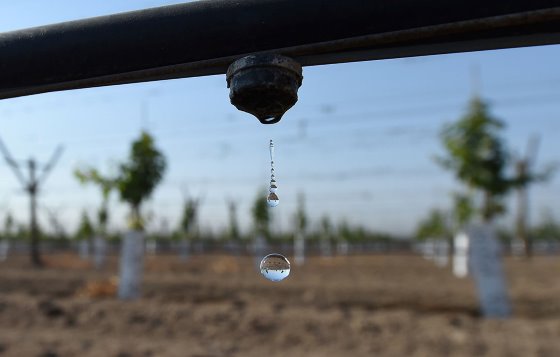
3 Israeli smart farming start-ups to watch
Future Farming has previously reported on Israeli companies such as Tevel – which won the Best Field Robot Concept Award in 2020, Edete Precision Technologies, Taranis, Prospera, CropX, Blue White Robotics, and Netafim, but the Silicon Wadi has much more to offer the world of smart farming, from field robots and drones to pollination, irrigation and fertilisation – and much, much more.
Croptimal carries out real-time, accurate testing of plant tissue, water, and soil in the field. Their solution, which is offered as a service to farmers and agronomists, drastically reduces the time needed for a standard analysis from approximately 10 days to somewhere between 10 and 60 minutes, using a compact mobile laboratory that automatically prepares samples and analyses component material elements.
The technology includes fast, accurate measurement of N, P and K (Nitrogen, Phosphorous and Potassium) and micro elements (Fe, Mg, Mn, Zn) in all their forms and at set intervals. In addition, the company has developed machine learning algorithms allowing for a correlation analysis between environmental events and the measurement data of nutrients. The algorithms allow them to create dynamic growth protocols, enabling accurate fertilisation recommendations based on past events and possible future events.
AgrIOT focuses on providing accurate fertiliser and watering recommendations for a range of crop varieties on various scales by using big data, cloud infrastructure, and sensorless IOT technology, as well as advanced optics, digital image processing, and an agronomic decision support system (DSS). Their solution is based on managing fertiliser levels based on the N content in plant leaves, determined by measuring the greenness of the leaves. The product is designed to enable growers to send images from the field by using a mobile application and to receive advice on fertilisation and irrigation. The product has been proven to work in wheat, maize, tomato, lettuce, pepper, potato, and carrot cultivation.
Saffron Tech enables the controlled, automated cultivation of agricultural crops under laboratory conditions, saving land, water, and labour while significantly increasing both the quality and the quantity of output. As a first step, the company is specialising in the luxury niche of saffron. Saffron Tech’s system enables complete control of the plant environment including temperature, humidity, and irrigation. This is coupled with an advanced artificial intelligence technology that constantly monitors its health.
